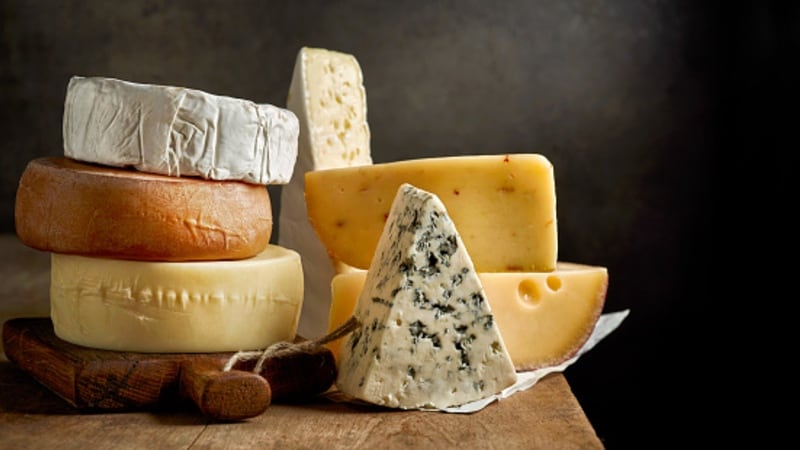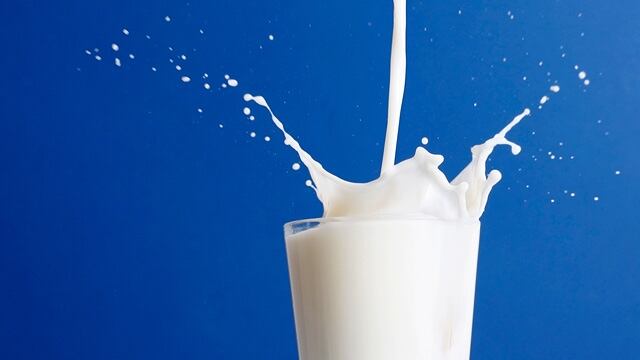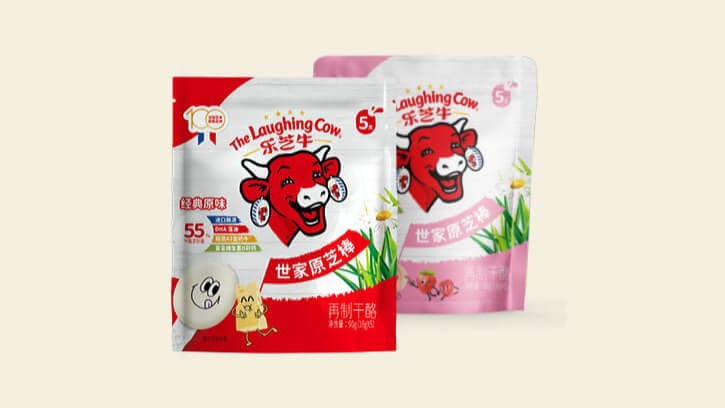The country hopes this will slash waste and improve the sustainability of the domestic dairy industry.
According to the Japan Ministry of Agriculture, Forestry and Fisheries (MAFF), these incentives will be offered at the dairy industry producer and product manufacturer levels.
“The aim of this project is to improve the competitiveness of local cheese and support the expansion of domestic cheese production,” the ministry said via a formal statement.
“At present, we have a supply and demand situation that is not ideal when it comes to locally-produced raw milk and much of the surplus raw milk is usually converted into powdered skim milk – this has a very long storage life, but domestic demand for this is very sluggish.
“Local demand for locally-produced cheese was found to be about 403,000 tons in FY2019 – we aim to increase this to between 490,000 tons and 550,000 tons in FY2024 in order to improve the [efficiency of usage] of this surplus raw milk.”
With a total budget of about JPY2.2bn (US$14.7mn) requested for this project, the idea is to subsidise dairy producer groups that collect raw milk shipments from farmers for initiatives to expand the sales of this raw milk to be processed into cheese products.
“This will incentivise the dairy producer groups to increase sales of domestic raw milk to manufacturers that are planning to produce cheese products, thereby expanding the utilisation of this domestic dairy,” it added.
“On the manufacturers’ end, there are also plans to provide subsidies when it comes to improving the competitiveness [and desirability] of domestic cheese in the market, and once that demand is generated to support the expansion and production of said cheese and cheese products.”
MAFF’s new targets are unsurprising given that Japan is a major opportunity market for cheese, with studies saying an average of 6% of Japanese consumers eat cheese on a daily basis, over a variety of formats from the regular pizzas and pastas to stews and rice.
That said, it could also be something of a tall order for the near future as the majority of this cheese is imported – in 2021, Japan imported US$1.43bn worth of cheese into the country, making it the world’s ninth largest cheese importer according to the Observatory of Economic Complexity (OEC).
Japan’s primary cheese sources are New Zealand (US$384mn), Australia (US$243mn) and the United States (U$206mn).
Other dairy subsidies
In addition to cheese, MAFF also submitted a federal budgeting request of JPY40.6bn (US$271.5mn) or subsidies to be provided to dairy farmers that upgrade to providing processed milk for skimmed milk powder, butter, cheese, cream and so on.
“MAFF would issue subsidies for this processed milk as well as provide compensation in the event that the transaction price falls,” said the ministry.
“We will also provide additional milk collection and transportation subsidies to designated businesses to ensure that the process can be carried out smoothly.”





